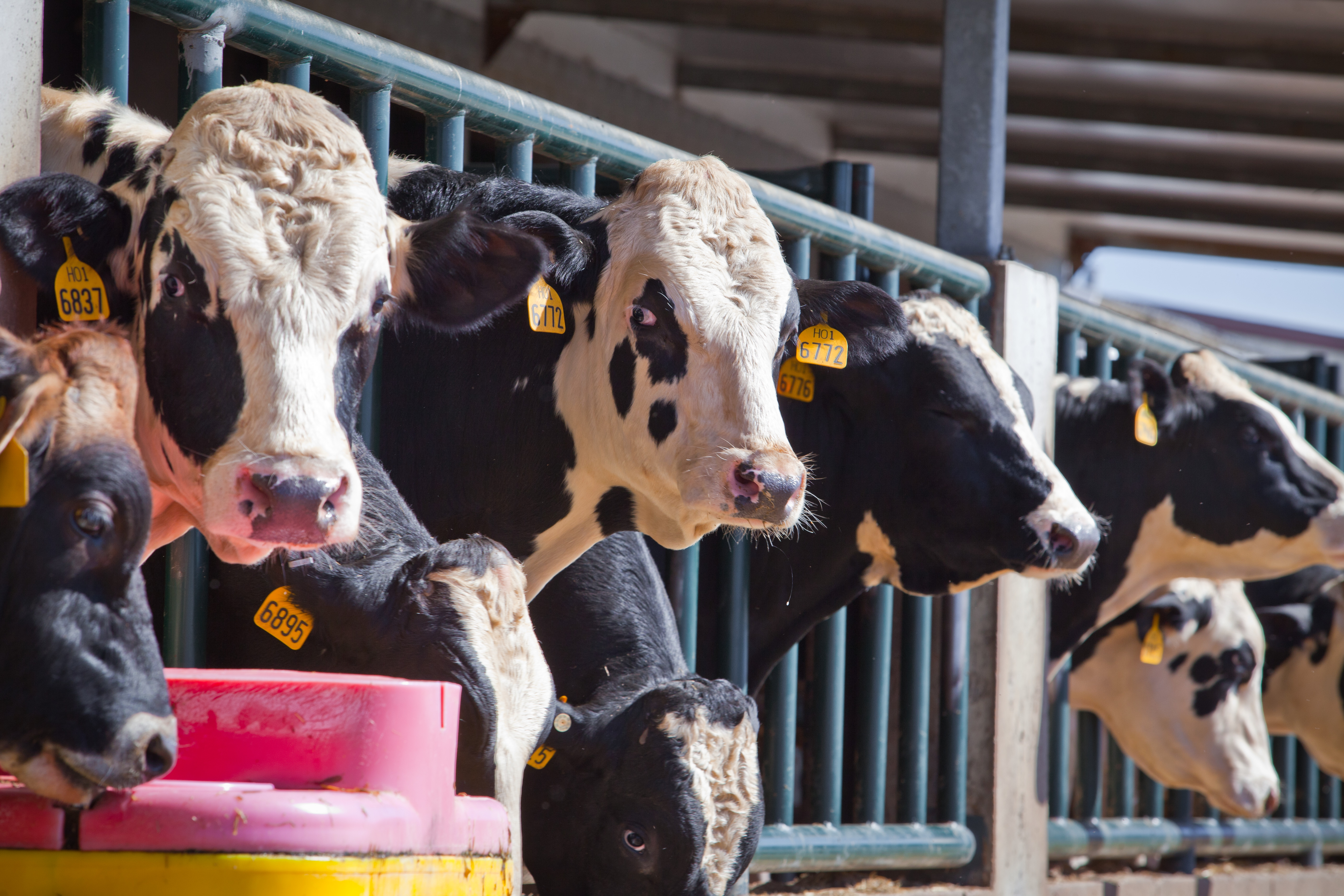By Tom Gill
The livestock industry found itself back in the headlines in the back end of last year after an international report claimed to show links to food production and our changing climate.
Published by the UN’s Intergovernmental Panel on Climate Change (IPCC), the document demanded changes to farmland management to reduce emissions of harmful greenhouse gases, and subsequently mitigate climate change.
In particular, it suggests we need more diverse farming systems — ones which incorporate sustainably-managed pasture and livestock — as a way to limit the rise in global temperatures.
It also says balanced diets ought to include meat and dairy produce from animals produced in systems which are resilient, sustainable and low in greenhouse gas emissions.
Cows under the spotlight
But while the report offered a balanced appraisal of our current food and farming systems, some sections of the mainstream national media have been quick to point the finger of blame at livestock production once again.
‘Plant-based diets can fight climate change,’ screamed the headline from the BBC, with the article claiming that the UN’s report says meat and diary consumption in the western world is fueling global warming.
“[The UN report] said that more people could be fed using less land if individuals cut down on eating meat,” the article goes on. “But [they] stopped short of explicitly calling on everyone to become vegan or vegetarian.”
In the days that followed, the IPCC has been at pains to clarify what the report was really recommending.
“Some dietary choices require more land and water, and cause more emissions of heat-trapping gases than others,” said Debra Roberts, co-chair of the IPCC’s working group.
“Balanced diets featuring plant-based foods such as coarse grains, legumes, fruits and vegetables, and animal-sourced food produced sustainable in low greenhouse gas emission systems, produce major opportunities for adaptation to and limiting climate change.”
Creating sustainable food systems
The key, the IPCC explained, is not simply what people eat, it’s what kind of system that food is produced in — and when produced in a sustainable system, meat is a valuable part of our diets.
As we’ve written before , from building soil carbon and fertility to increasing species diversity, livestock can have positive effects on the environment, making them an important part of the climate change battle.
But it does come back to how meat and dairy is produced, and farmers do need to continue to make positive changes.
This can include applying organic fertilisers rather than artificial ones to reduce emissions (nitrous oxide produced by fertiliser used in the livestock sector accounts for about 18% of GHG emissions), or adopting direct drilling techniques to reduce disturbing soils and releasing carbon stored in them into the atmosphere.
And we shouldn’t forget that many farmers have already taken significant and positive steps towards raising livestock’s efficiencies thanks to improved cattle genetics, livestock breeding and focusing on feed efficiencies.
Overlooking waste
Perhaps the most interesting element from the IPCC’s report, however, was the element that got most overlooked: food waste.
About one third of the world’s food is lost or wasted, with causes differing substantially between developed and developing countries, as well as between regions.
Reducing that waste has the potential to reduce GHG emissions and improve food security significantly, as the report points out.
A large part of the waste challenge is around consumer storage and use of food, but that doesn’t mean there isn’t more that th food supply chain can do to cut wastage.
Aside from dietary changes, there are ways to manage risks on farms, such as growing a variety of crops to prevent further land degradation and increase resilience to extremes in weather.
Encouraging all elements of the supply chain to work together to better understand supplies and demands – something Promar has done through its work with major retailers and farmers – can also help with managing food flows, meeting standards, and reducing waste.
Taking this wider approach to a more joined-up, intelligent food production and consumption is what is going to drive sustainable systems. Taking positive action now rather than pointing the finger of blame is what will help make a difference in the long run.







